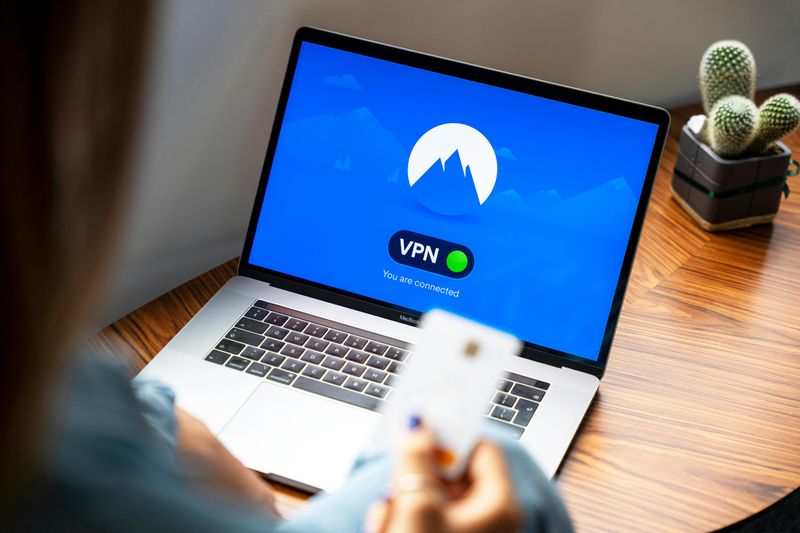10 “Free” Things That End Up Costing You Later

We all love a good freebie—it’s human nature. Whether it’s a free trial, a complimentary download, or a no-cost event, “free” feels like a tiny financial victory. But here’s the catch: a lot of what’s labeled as “free” isn’t truly free. Companies know exactly how to hook you with something that seems harmless and turn it into profit later.
1. Free Trials

Ever signed up for a free trial and forgotten to cancel? Those enticing 7-day offers often roll into subscriptions, quietly billing you month after month. It’s a common ploy that preys on forgetfulness, leading many to pay for services they rarely use.
Suddenly, your bank statement is filled with charges for platforms you barely remember subscribing to. A single oversight can lead to months of unwanted expenses. Even reminders sometimes fall through the cracks in our busy lives.
Before you know it, that “free” access to premium content adds up. Consider setting calendar alerts or using only trusted, easily cancellable services to avoid this money trap. Think twice before diving into any trial without a clear cancellation plan in place.
2. Free Apps

Apps that promise free use often find other ways to profit. While downloading is cost-free, in-app purchases and ads can quickly wear down both your patience and your wallet. Some apps also collect personal data, a cost to your privacy.
Many games and utilities start off innocently, but soon bombard you with offers for premium features or currency. It’s a model that can lead to unexpected spending if you’re not careful. Even those pesky ads can be removed—for a price.
Keeping track of these expenses can be a hassle, making that free app more costly than it seems. Be wary about permissions and in-app charges, and consider alternatives that are transparent about their monetization.
3. Free Credit Reports

The promise of free credit reports can be misleading. Many sites offering this service require sign-ups for costly credit monitoring, turning a freebie into a financial commitment. This can catch you off guard if you’re not vigilant.
Official sites like AnnualCreditReport.com provide truly free reports without the strings attached. Yet, some less reputable sites will entice you with comprehensive overviews, only to gate the useful features behind subscriptions.
Without careful attention, what was supposed to be a simple check can escalate into an unwanted service. Always verify the credibility of the sites you use and read all terms before signing up to avoid unwanted financial surprises.
4. Free Samples

Those little packets of beauty or health products? They often come with a catch. Signing up for free samples can lead to automatic shipments, sneakily charging your card after the trial period.
The allure of trying new products can quickly turn into frustration as your mailbox fills with items you didn’t intend to buy. Canceling these can be a hassle, often involving lengthy customer service calls or hidden cancellation processes.
What seemed like a harmless indulgence can result in unexpected expenses. Always read the fine print and be prepared to act quickly if you’re not interested in continuing the service. A few free samples might just end up costing you more than anticipated.
5. Free Events or Seminars

Free real estate or investment seminars might sound like a chance to learn, but they’re often sales events in disguise. Designed to sell overpriced courses or memberships, these seminars can pressure attendees into spending big.
What starts as a curious exploration can quickly turn into a high-pressure sales pitch. Exclusive deals and secret strategies are dangled in front of you, urging impulsive decisions that can drain your wallet.
Attending these events requires a critical mindset. Remember, if something sounds too good to be true, it likely is. Always evaluate the value before committing to any “opportunity” offered at these gatherings.
6. Free Wi-Fi

Convenience can have its costs, especially with free public Wi-Fi. While it’s great for connectivity on the go, hackers can exploit these networks to steal your personal information, leading to potential identity theft.
Accessing sensitive accounts on unsecured networks can expose you to cyber risks. The cost of cleaning up after such incidents can be much higher than a little mobile data.
Investing in a VPN or sticking to secure connections is a safer bet. It’s a small price to pay for peace of mind, ensuring that a little convenience doesn’t lead to big problems down the line.
7. Free Shipping Offers

“Spend $50 to get free shipping” might seem like a good deal, but it’s a clever marketing tactic. To qualify, you often end up buying more than intended, leading to unexpected expenses.
Retailers use this strategy to increase sales, leading shoppers to add unnecessary items to their carts. That “free” shipping suddenly becomes part of a larger, more expensive purchase.
Being mindful of your shopping list helps you navigate these traps. Sometimes, paying for shipping is cheaper than the extra purchases. Calculating the true costs can save money and prevent impulse buying.
8. Free Games

Mobile games captivate us with vibrant worlds and addictive mechanics, but the cost can be hidden. Microtransactions lure players into paying for upgrades, skins, or currency, turning free play into a costly habit.
As you progress, the temptation to enhance your experience with purchases grows. These small fees add up quickly, transforming a simple pastime into a significant expense.
Monitoring spending and setting limits can help keep gaming enjoyable without breaking the bank. Remember, the thrill of the game should not translate to financial regret.
9. Free Trials of Diet or Fitness Plans

Fitness goals often lead to free trials of supplements or workout plans, but hidden costs lurk. Many companies auto-renew memberships or charge for additional products, causing unexpected expenses.
Once the trial ends, fees may kick in, catching even the most vigilant consumers off guard. The complexity of canceling these services adds to the frustration, often requiring cumbersome processes.
A thorough review of terms and conditions is essential to avoid these pitfalls. Achieving your fitness goals shouldn’t come with unplanned financial strain.
10. Free Online Courses or E-books

Free online courses and e-books often serve as lead magnets, offering limited information while hinting at more. Once hooked, upsells to premium content or coaching are hard to resist.
The initial excitement of learning fades as the realization of incomplete material sets in. Pressured into purchasing the full version, it’s easy to end up spending on something that was initially free.
Evaluate the value and credibility of the material before diving in. Not every free course is worth the subsequent costs, so ensure you’re investing wisely in your education.

Comments
Loading…